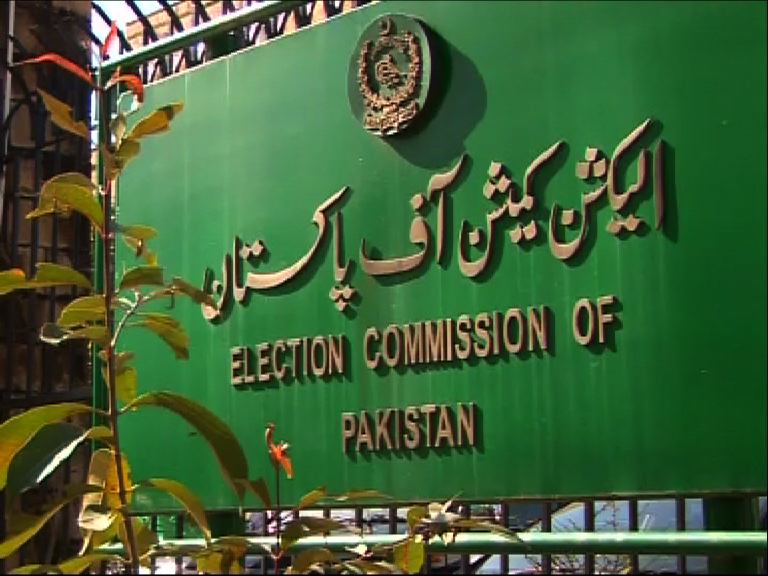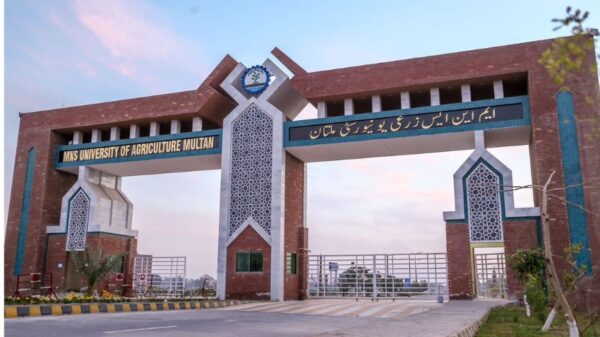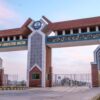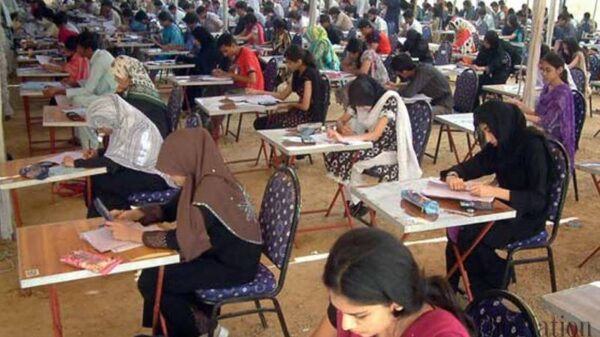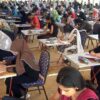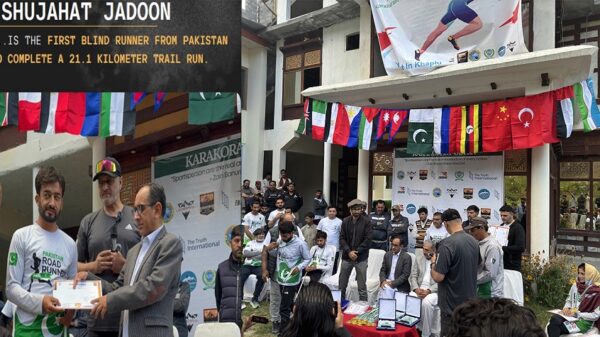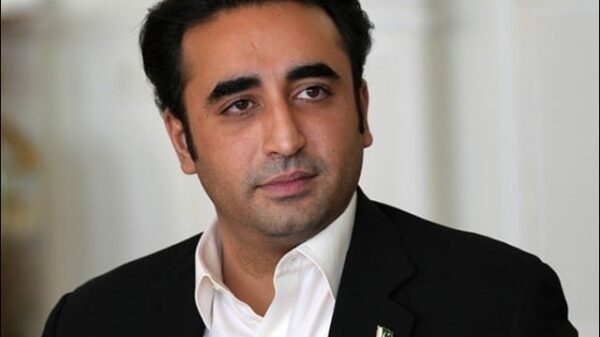The Election Commission of Pakistan (ECP) has filed two additional petitions in the Supreme Court, requesting a stay on the court’s July 12 ruling regarding the allocation of reserved seats for women and minorities to Pakistan Tehreek-e-Insaf (PTI). This follows the passage of the Election Act Amendment Bill 2024, which has created confusion over whether to follow the amended law or the court’s judgment.
In its detailed 70-page judgment, issued on September 23, the Supreme Court declared PTI a political party eligible for the reserved seats. The ECP had earlier approached the court seeking guidance on how to proceed in light of the newly amended Election Act 2017 and its implications on the distribution of reserved seats.
The ECP also referenced a letter from National Assembly Speaker Ayaz Sadiq, who argued that the Supreme Court’s July 12 decision was now “incapable of implementation” due to the amendments to the Election Act 2017.
In addition to the civil miscellaneous petition, the ECP filed two other petitions—one seeking a review of the “clarification order” and another requesting a stay on the July 12 ruling until the petitions are decided.
The ECP’s petitions sought clarity from the Supreme Court regarding the impact of the Elections (Second) Amendment Act, 2024 on the short order dated July 12, the clarification order dated September 14, and the detailed judgment of September 23.
The ECP also argued that the court’s judgment on reserved seats was based on “assumptions” and could not “rewrite the Constitution under the guise of interpretation.” The ECP further claimed the court’s detailed judgment deviated from the original July 12 ruling, as it declared 41 candidates as PTI members, extending a deadline from three to 15 days for independent lawmakers to join a political party—a move the ECP claims altered constitutional provisions.
The electoral body also highlighted that independent candidates had submitted affidavits of allegiance to the Sunni Ittehad Council (SIC), which the court’s ruling disregarded. Furthermore, the ECP noted that even with PTI’s party affiliation certificates, the number of PTI members does not meet the required 39, as prescribed under Section 66 of the Election Act.
The ECP maintained that PTI should not be allocated the reserved seats, as the party had not formally claimed its share. The Supreme Court’s July 12 verdict, delivered by an 8-5 majority, ruled in favor of PTI’s eligibility for reserved seats, overturning the Peshawar High Court’s decision, which upheld the ECP’s refusal to allocate those seats to SIC.
The PTI-backed candidates had contested the February 8 general elections as independents after the court upheld the ECP’s decision to disallow PTI’s use of its electoral symbol—the bat—due to intra-party election irregularities. This led to SIC-backed candidates seeking the reserved seats, but they were ultimately denied due to a failure to submit the required list of candidates on time.


